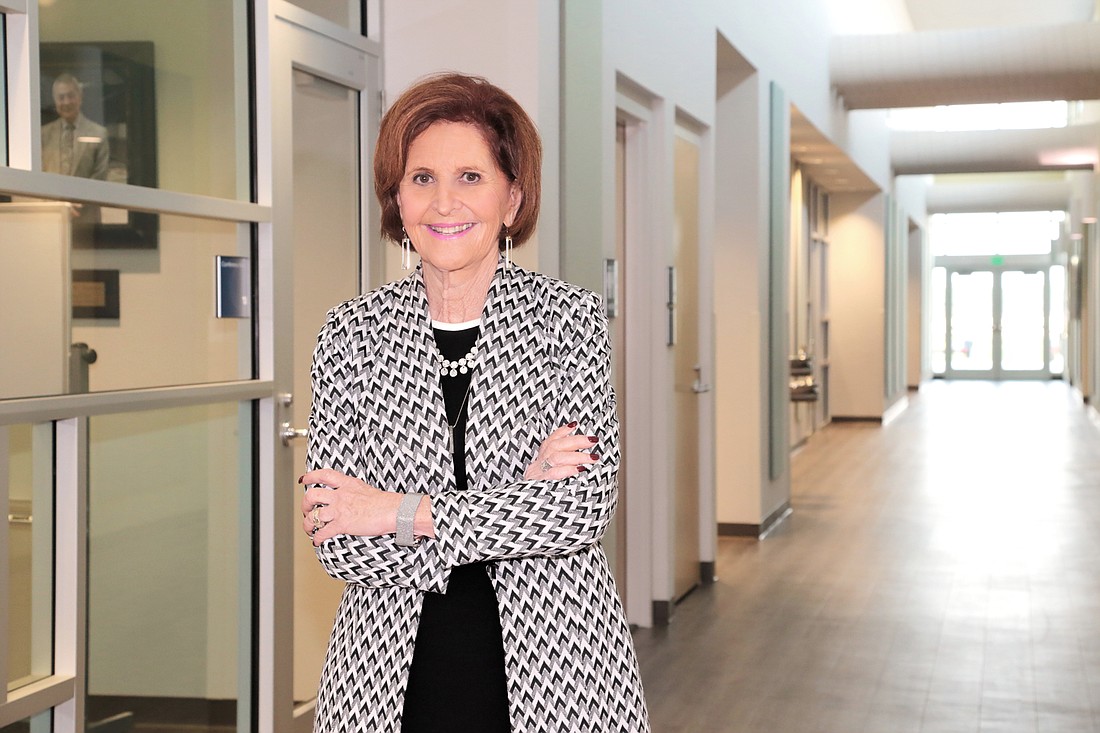- December 13, 2025
-
-
Loading

Loading

Less than a year after starting the Institute of Entrepreneurship at Florida Gulf Coast University, Sandra Kauanui ran out of space to house the rapidly growing program on campus. So she did what entrepreneurial leaders do — she figured out how to make it work.
“We went into it expecting 25 or 30 students,” says Kauanui, a retired entrepreneur-turned-educator and now director of the Institute for Entrepreneurship at FGCU. “We’re at more than 340 in the degree program now in 18 months and we have 150 in the minor program.”